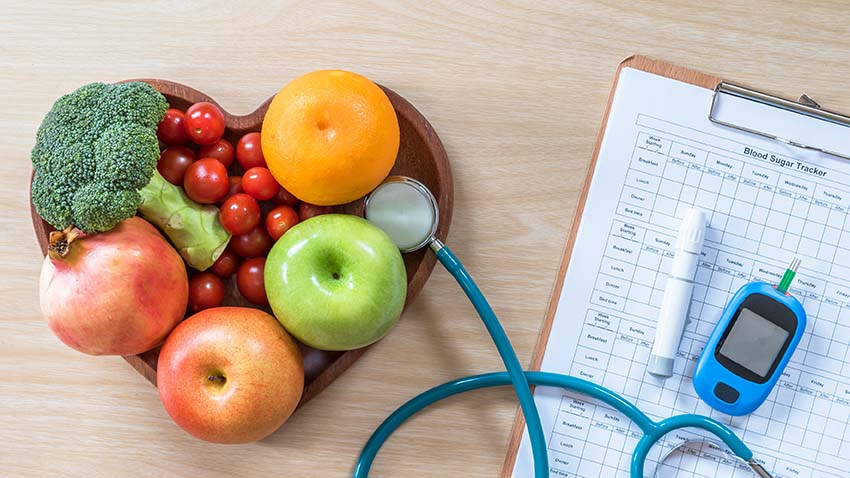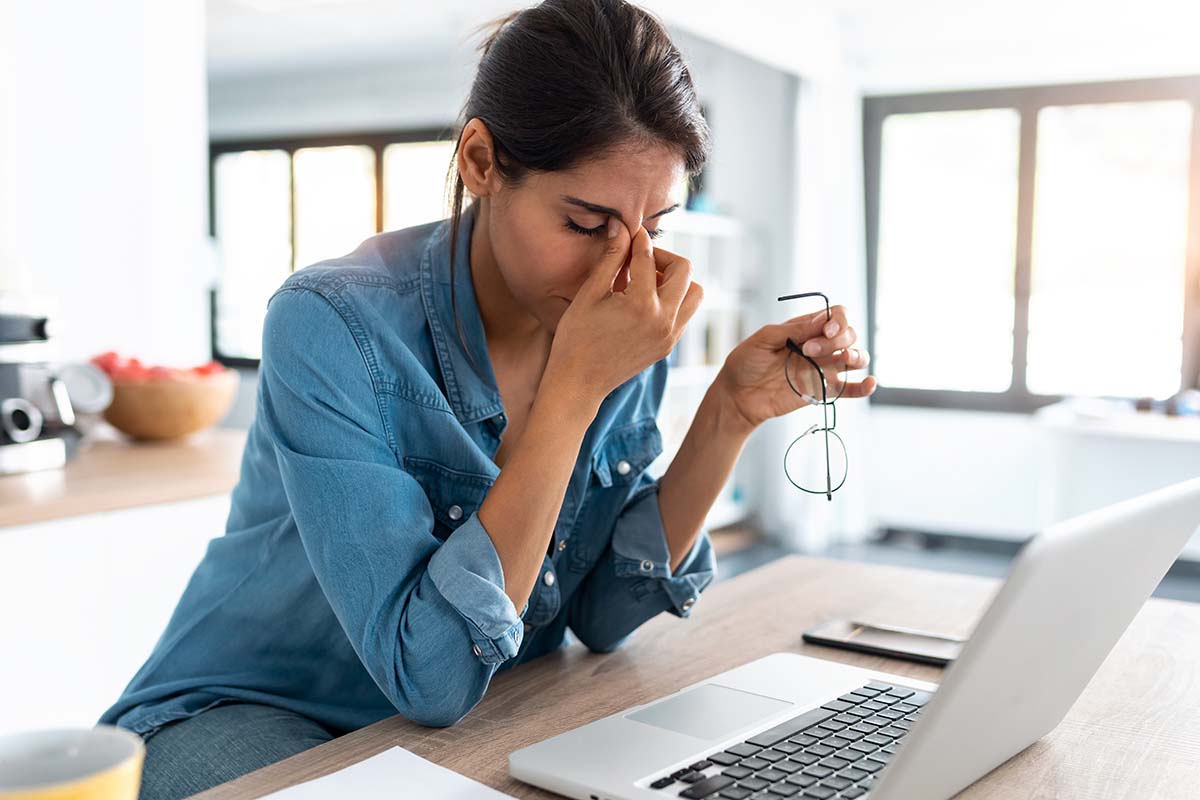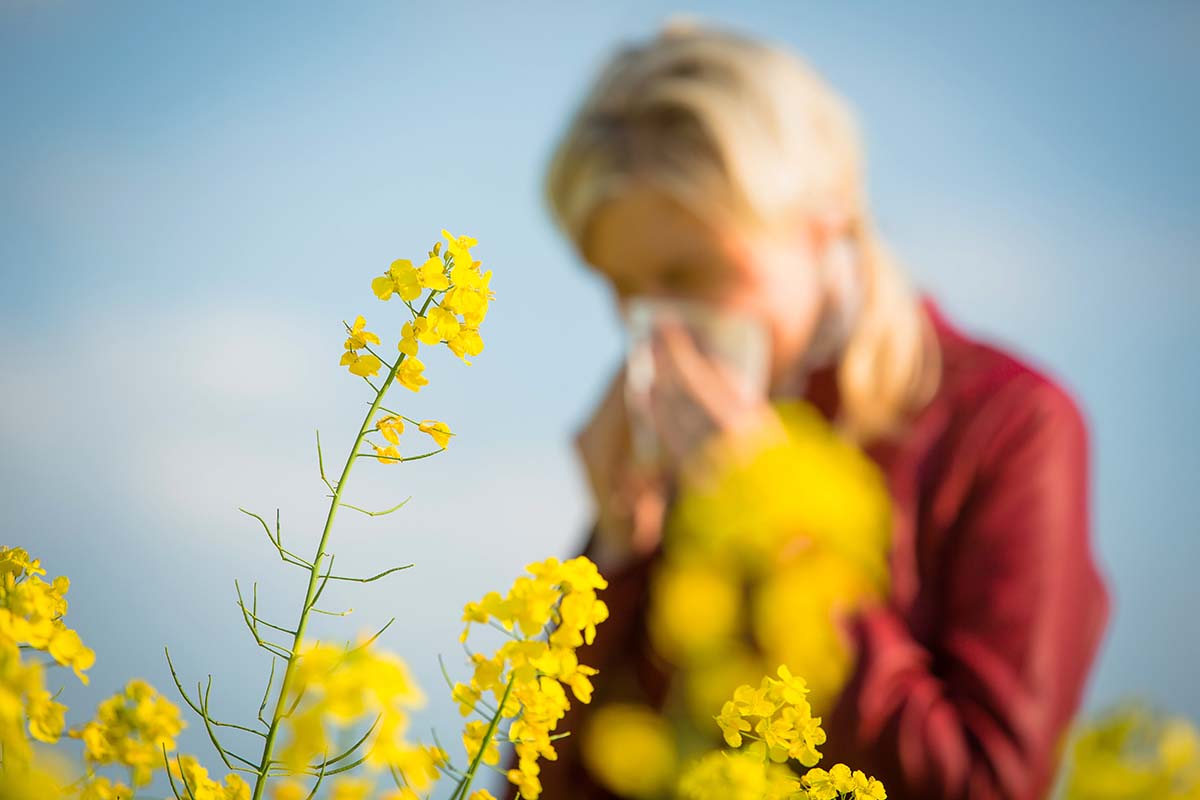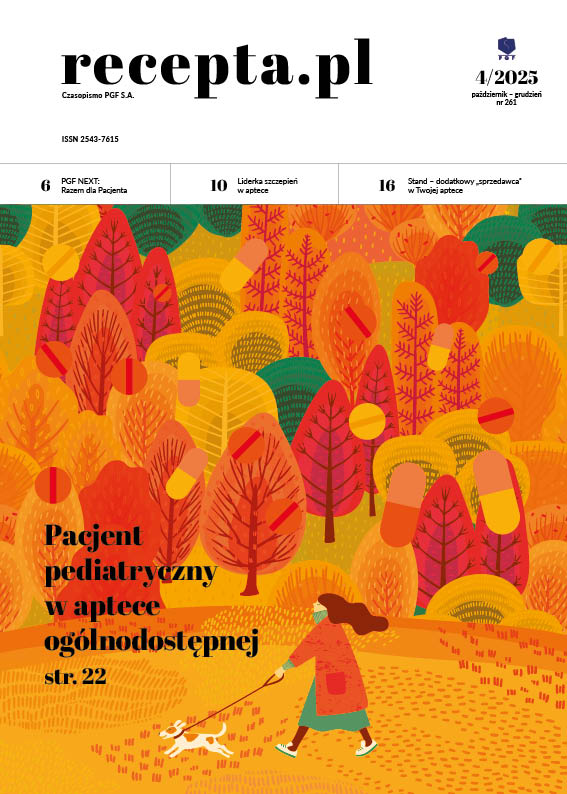 Wróć
Wróć
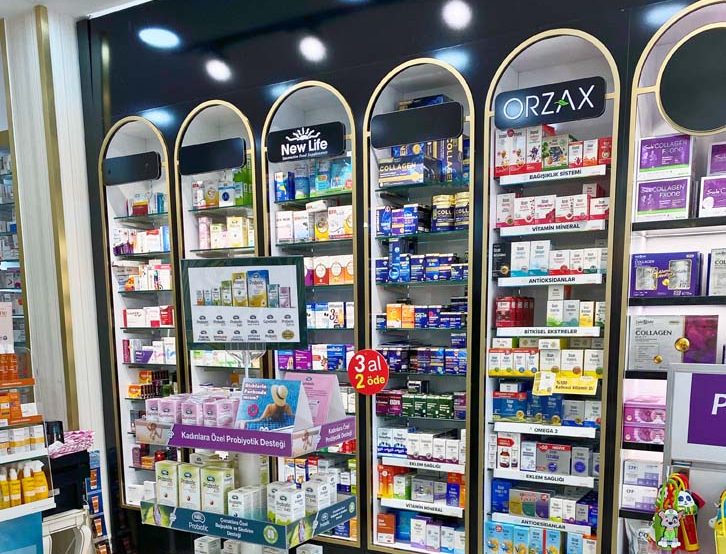
Pharmacy and pharmacies around the world. Turkey
Tekst: mgr farm. Joanna Bilek
Does being a pharmacist mean the same everywhere? We can answer in the affirmative because regardless of the country where we work, we are united in taking care of the patient’s health. How do we differ then? Certainly, though, there are some differences in the functioning of pharmacies around the world. Let's see for ourselves... Today we invite you to Turkey!
Ebrar Turan was born in the Netherlands. She graduated from Ankara University where she studied pharmacy and currently lives and works in Beylikdüzü district in Istanbul.
Hello Ebrar and thank you for agreeing to be interviewed. First, could you please let us know what do pharmaceutical studies look like in Turkey?
I graduated from Ankara University, Faculty of Pharmacy. It was the first Faculty of Pharmacy to open in the country, and our studies were much more difficult compared to other universities. Pharmacy education in Turkey approximately takes 5 years. Internship starts at the 2nd year of university. Internships can be done in pharmacies, hospitals, and pharmaceutical companies. In the 5th year, a one-semester internship is compulsory, and it is an unpaid one. Since the faculty follows a 5-year programme, we write our theses during the last year of study and when we graduate, we are awarded a master’s degree. Pharmacy education in Turkey is challenging but I think that the fact that it wasn’t easy was beneficial to us students. I had a hard time during university years, and I cried a lot. However, those hard times made me gain a lot of knowledge on various subjects, including extraordinary situations. Becoming familiar with different cases is vital when it comes to health industry.
All our teachers were titular professors, and they were very knowledgeable.
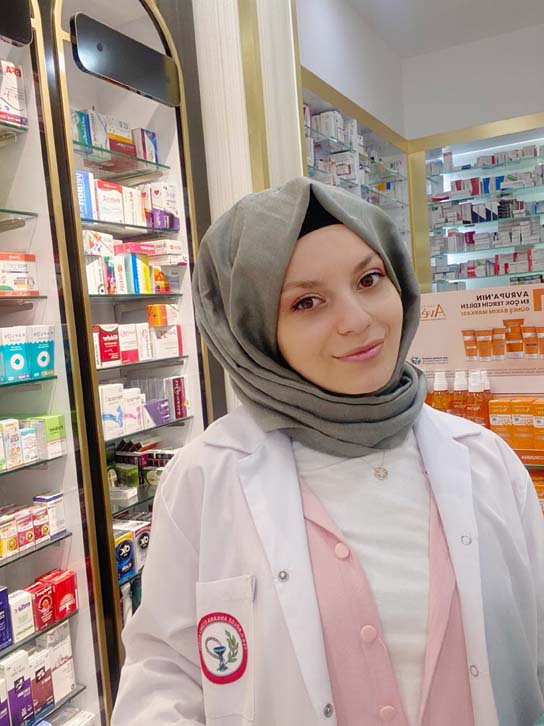
Studying was also a difficult time for me… Are there many people who want to be a pharmacist in Turkey? Do men also choose this field of study? (In Poland, pharmacists are mainly women.)
There are many people who want to become a pharmacist in Turkey and there are a lot of pharmacy faculties. Currently, as far as I know, there are 60 pharmacy faculties in Turkey, and I think this is more than there should be. The quality of faculties varies and there are different levels of difficulty in terms of studying. It is very difficult to become a pharmacist by graduating from a very good university. It needs a lot of work. Very few errors are allowed if a student is to achieve good grades. Pharmaceutics is studied by both women and men, but there are more women.
Sixty faculties of pharmacy is a lot! So, you probably have no shortage of pharmacists. Are there a lot of pharmacies in Turkey, for example, looking at a single street?
There are many pharmacies in Turkey and there is no shortage of pharmacists (laughter). Although the number of pharmacies varies from region to region, there are 6 pharmacies in total in my street. In some places it may be even more.
In Poland, every year there are fewer and fewer students, and graduates do not want to work in pharmacies, as most people prefer to work for pharmaceutical companies. Clinical pharmacy in Poland has only recently been developing and only few hospitals have clinical pharmacists, it’s usually just a few of them in selected hospital wards. What is it like in your country?
Pharmacists are employed in many fields in Turkey, but they prefer to work in pharmacies. There are a lot of options such as hospitals, pharmacies, pharmaceutical companies, pharmaceutical warehouses, cosmetic companies, clinical research laboratories and forensic medicine centers. There may also be other areas that I haven’t thought of.
Who can become the owner of a pharmacy in Turkey?
It is compulsory to work with a pharmacist for a year after graduation in Turkey. If you do not complete the whole year, you cannot open a pharmacy, because you cannot buy a pharmacy transfer. And now it is difficult to open a pharmacy in Istanbul because there are so many pharmacies already and there are a lot of people on the waiting list for opening one. You put your name on the list and wait in a line, but it may take years before it's your turn. This situation is special for Istanbul, because Istanbul it’s a very crowded city.
I'm curious if you learn preparing drugs during the pharmaceutical studies and if you have compounding pharmacies in Turkey?
Yes, we learn how to prepare medicines ourselves while studying at pharmacy faculties in Turkey. Our teachers write out prescriptions, and we prepare the medicines. Currently, some pharmacists prepare magistral medicines in pharmacies. Sometimes it’s the doctor who writes the prescription for the medicine we prepare, and sometimes we prepare the medicine and recommend it to the patient with a specific health problem. Among other methods, we have oil treatments.
This is very interesting! Tell me, do you prepare magistral drugs from pharmacopeial monographs or from pharmacy formularies?
We usually prepare the medicines according to the doctor’s prescriptions, but it can vary depending on the disease. For example, there are people with scabies, and the problem becomes much more common during this winter period, so it happens a lot that we prepare scabies medicine without a prescription. We just prepare a mixture for patients with eczema. That’s what happens with very common diseases.
How many drugs do you prepare per week in your pharmacy? Do you need a separate room to prepare medicines?
Sometimes we prepare drugs once or twice a week. Every pharmacy should have a laboratory. It doesn't matter if it's big or small, though of course, sometimes the size can be important. Inspections are carried out every 6 months in Turkey and not only the materials used, but also labels and precision scales are inspected.
I am also interested in the treatment with essential oils – it is not yet popular in Polish medicine. Do you study essential oils and their healing properties at university?
We used to have classes on oils at university. As a student, I prepared many kinds of oil mixtures, which were used as remedies for cough, bad breath, eczema, fungal infections and psoriasis. Especially now, there is the niaouli treatment, which is mostly preferred by women. It is highly popular in treating fungal infections, vaginal infections and urinary tract infections. We highly recommend it. The patient sprinkles a drop of the oil on her underwear every day. Another example is the use of lavender oil which repels mosquitoes, lice, ticks, and other insects. Horse chestnut oil is very effective for pain relief. One of our patients has been sold 10 boxes of the oil for this purpose.
Plant medicine is my favourite... Is plant medicine popular in pharmacies in Turkey?
We have a lot of vitamins and herbal supplements in Turkey. There are many companies and many products, and plants are widely used in production process.
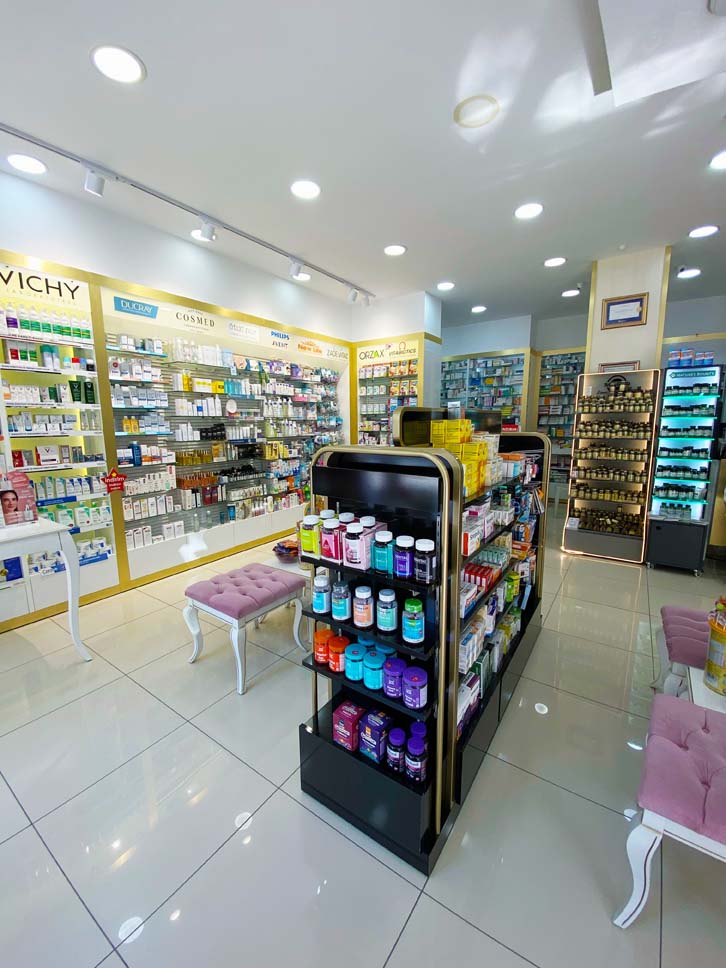
I heard that in Turkey patients can buy most drugs without a prescription.
In Turkey, antibiotics are not sold without a prescription. Additionally, green prescription and red prescription drugs are not sold without a prescription. Apart from that, you can buy any medicine you want over the counter.
What drugs are included in the green and red prescriptions?
Green prescription drugs contain psychotropic substances (biperiden, alprazolam, lorazepam, tramadol, midazolam, diazepam). Red prescription drugs contain narcotic substances. They are given to people with severe psychological disorders, advanced forms of cancer and some advanced forms of other serious diseases. Red prescription drugs contain fentanyl, pethidine, methylphenidate, hydromorphone, morphine, oxycodone, remifentanil, and alfentanil.
Who works in pharmacies in Turkey? Do other people such as pharmacists and pharmacy assistants also sell drugs?
The pharmacist has to employ staff according to the size of the pharmacy. Pharmacists, pharmacy assistants and other staff are recruited for training. We receive continuous training from companies, so everyone is well-informed and capable of passing on information to patients. And, of course, all of the above staff can sell medicines at the pharmacy.
Can you vaccinate or perform other services in pharmacies, such as measuring blood pressure or glucose level? In Poland, we have obtained the right to vaccinate during the covid pandemic, but we are still trying to develop more healthcare services for patients.
Vaccination and glucose measurement are prohibited in pharmacies, but we can measure blood pressure. A few years ago, blood glucose monitoring and vaccines were allowed. As for other healthcare services, we have dietitians who weigh patients and compile lists of dietary requirements for them.
How does medical care in Turkey work in general – are there any shortages of, for example, doctors? Do patients have to wait a long time to see a doctor?
There is currently a shortage of doctors in Turkey because most doctors emigrate. Currently, working conditions are not good enough for an individual to live a healthy and peaceful life, which means that working conditions of doctors are bad. There are state hospitals and private hospitals in Turkey. Under normal circumstances, people cannot afford to go to private hospitals very often because they are very expensive. Patients must go to the state hospitals, but they cannot get an appointment for a long time because of the shortage of doctors.
How much do pharmacists earn in Turkey?
We work 6 days a week, only Sunday is a day off. We work from 8:30 am to 07:00 pm for 6 days out of 7, which is exhausting for us. When you want to work in a hospital, your name is entered on a different waiting list and if you are lucky, you can get a job as a pharmacist in the hospital. Pharmacists who work in the hospital receive a good salary compared to average salaries in Turkey. They earn at least 27.000 Turkish Lira. Unfortunately, the salaries of assistant pharmacists are low, with an average of 16.000 Turkish Lira. An average pharmacist earns at least 30.000 Turkish Lira.
Do you have a lunch break at work like they do in some countries? In Poland we work without a break. Some pharmacies operate 24 hours a day, 7 days a week. Do you have night pharmacies?
We have a night shift system in Turkey. Pharmacies that wish to join the chain can do so, but for those who don't want to it is not mandatory to participate. Normally, pharmacies close at 7 pm, and night shift pharmacies start operating after 7 pm. They stay open until morning. There are pharmacies on the night shift in every district. For example, if it's your turn to be on the night shift today, you open the pharmacy at 8:30 am and close it at 7:00 pm the next day. You are on a shift for more than 24 hours, and that lasts for about 2 days. If you want to check which pharmacies are on the night shift, you can find the list on the internet. The pharmacies also print the list on paper and display it in their windows. So even if a pharmacy is closed, you can still look up the ones that are on a nightshift that day.
Are there drugs in Turkey that the patient gets free of charge if they have a prescription?
There are systemic solutions regarding drug prices in Turkey. When you have medical insurance, the state covers the cost of some of your medications, but this varies from one drug to another. Sometimes the patient makes no payment at all, and sometimes there is a huge price difference between an insured and uninsured patient. What’s more, there is a reporting system in Turkey which helps to overcome the fact that not every doctor can prescribe every medicine. For example, someone with a heart disease needs to take heart medicines and goes to a cardiologist for a prescription. The cardiologist writes out a report on having prescribed some specific drugs. As it is difficult to get an appointment with a cardiologist or another specialist, when the patient's medicines run out, they can obtain a new prescription by making an appointment with a family doctor to whom they submit the report from the cardiologist.
We have family doctors in Turkey. You register with the family doctor in your area and when you have a health problem, you can easily make an appointment with them.
Apart from medicines, can any other everyday household products be bought in Turkish pharmacies?
Pharmacies sell everything. There are branded products such as special detox teas, dermal cosmetic products, as well as products of such brands as La Roche Posay and Vichy. There are also baby products, diapers, special oils, blood pressure monitors, thermometers, personal care products, and of course food supplements and vitamins.

Are you happy that you chose the profession of a pharmacist and work in a pharmacy?
The best thing about being a pharmacist is that I am changing the lives of many people. I pass on the information I have learned as a result of my research and impact the life of each patient. There are people who thank me a lot and I am happy about it. It is nice to receive beneficial information about your health. The work is hard, but when you hear good news from the patients, it's totally worth it. I connect with people daily, and I feel that I’m being helpful. That's why I respect every healthcare worker so much. We have a very difficult job, we’ve made a lot of sacrifices.
Thank you, Ebrar, for this conversation, which has given us an insight into how pharmacies function in Turkey. We hope that your work will always bring you satisfaction.
„

